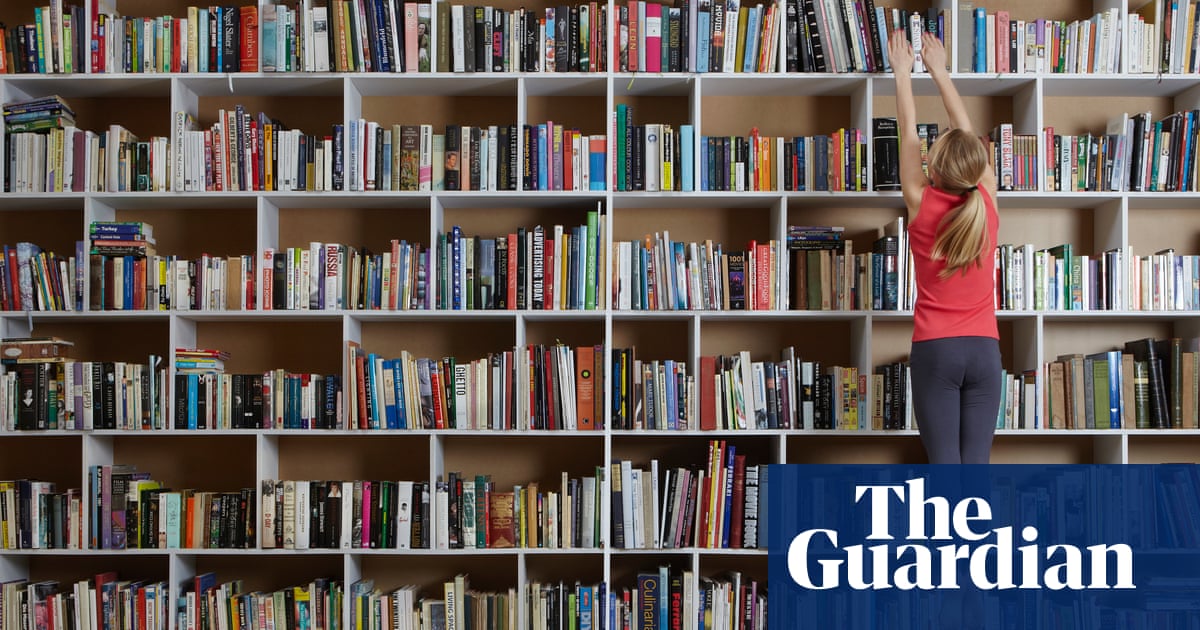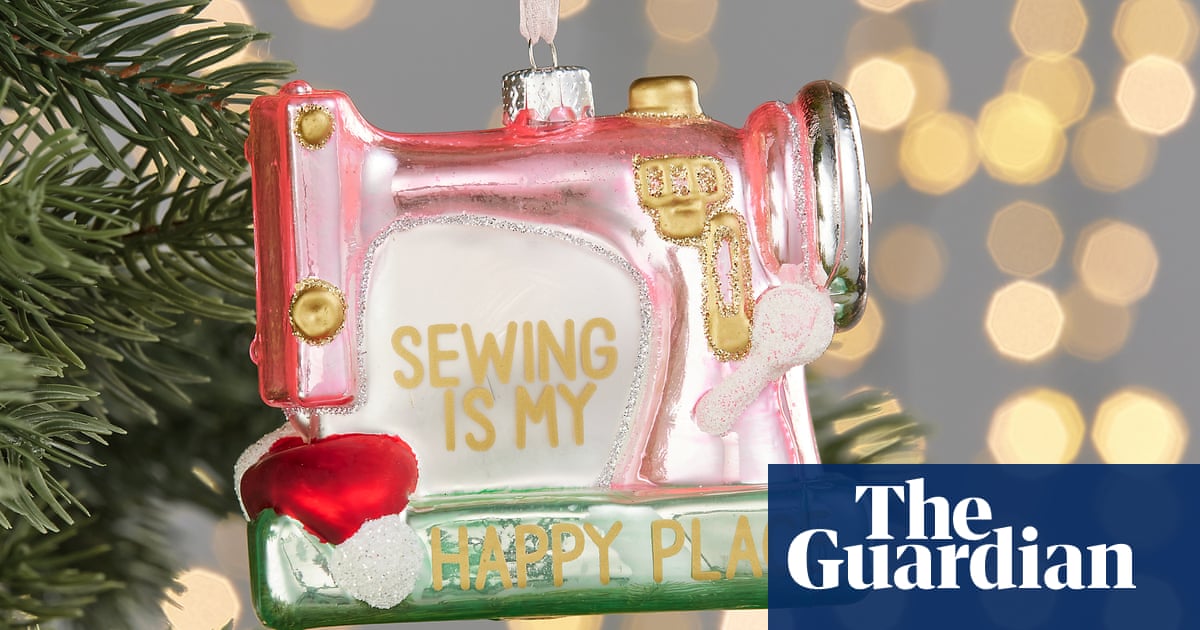
ust before lockdown, Kehlani had a meeting with the head of her label. Her second album, It Was Good Until It Wasn’t, was pretty much finished, she just needed the green light. Instead, it was decided to scrap the music videos she’d already planned, delay the album and play the waiting game (a stadium support slot with Justin Bieber was cancelled, too).
“I was pretty bummed, but they’re the label, I can’t fight that,” she says from her home in LA. Talking via Zoom, the 25-year-old is propped up against the headboard of her kingsized bed and dressed down in a baggy T-shirt that reveals a Technicolor tapestry of tattoos on both arms.
A prolific songwriter – since emerging in 2014 she has released three mixtapes and a handful of one-off singles to sit alongside her two albums – she knew she would move on from the new songs if they didn’t come out soon. So she took matters into her own hands and filmed a suitably wavy homemade vid for lead single Toxic on her laptop. “I put it out, just wine drunk, in the middle of the night and things went crazy,” she smiles. The next day the label called. “They were like: ‘If you’ve decided you want to take everything into your own hands you’re welcome to drop [the album].’”
It has meant that the last few weeks have been an endless stream of DIY videos and garden-based photoshoots (handily she was quarantined with her photographer, Bri Alysse). “I’ve learned a lot of new things off YouTube,” she says of her blossoming editing skills. “I’m actually really busy.” With perfect timing, a huge yawn creeps up on her, coinciding with a cry from her 14-month-old daughter, Adeya, who is being looked after in a nearby room. “She’s OK,” she smiles when asked if she needs to take a break. “She’s just greedy and drank all her bottle, so she wants more. She gets what she wants.”
It is a tenacity no doubt learned from her mum, who turned a fractured upbringing into a career that started with a surprise Grammy nomination (for 2015’s mixtape, You Should Be Here) and has earned her fans as disparate as Halsey, Zayn and Drake. A sign of Kehlani’s elevation into the big leagues arrived early, when she was included on Cardi B’s culture-shifting Invasion of Privacy album, while last week Jay-Z included Toxic on a playlist of his favourite songs of 2020 so far. As comfortable channelling throwback 90s R&B (2017’s major-label debut SweetSexySavage nodded at TLC in more than title alone) as she is experimenting with the modern variant that currently dominates US radio, Kehlani immediately stood out in a crowded genre.
In many ways, It Was Good Until It Wasn’t – which landed at No 2 in the US album charts – feels like the perfect fit for the heightened emotions of lockdown. While on previous collections, pain was quickly alchemised into hard-worn triumph, here she lets it fester, prodding at the grey areas of faltering relationships over music that unspools like honeyed molasses. So luxuriant sex jams (Water, Can I) rub shoulders with fractured pleas for space (the James Blake-assisted Grieving), anchored by a conversational lyrical eloquence that places her alongside modern-day R&B auteurs SZA, Frank Ocean and Jhené Aiko.
While she wouldn’t call it a breakup record per se – she endured a very public split with the rapper YG earlier this year – she says it was inspired by the emotional rubble that remains when the dust settles. “People have this weird lie that goes on about relationships where the moment we say: ‘Fuck you, it’s done,’ we fall out of love,” she says, adjusting the laptop perched on her stomach. “That’s completely false. Heartbreak is the residue of love, and it’s the love that’s left over afterwards. You have to grind it out of your system.” What’s she like in relationships? “I’m 100% all the way the fuck in,” she laughs. “My entire body is going to drown in it.”
Her relationships have been tabloid fodder ever since March 2016 when a messy breakup with the NBA star Kyrie Irving led to a torrent of trolls accusing her of infidelity. Days later, she addressed the split on Instagram – “No one was cheated on and I’m not a bad person … ” she wrote, revealing she’d also tried to kill herself. “People don’t realise how it feels to be the base of it in bulk,” she says of the online abuse. “When you’re on the other end and it’s coming to you in a wave of thousands, you’re just like: ‘Woah!’”
She deals with it better now. “You can’t believe that everybody means what they say to the fullest extent because that will really fuck you up.” While her candour was a salve for fans going through mental health issues, it led to some accusing her of being fake (professional moron Chris Brown said she was “flexing for the gram”). “I don’t know where the common sense goes,” she sighs. “I don’t know many people who want attention for negative things.”
Kehlani’s emotional honesty has seen her become a go-to collaborator for any artist looking for credibility by osmosis. The list is suitably varied, ranging from recovering pop stars (Charlie Puth, Justin Bieber) to chart-mauling producers (Calvin Harris, Zedd) and angry rappers (Eminem, G-Eazy). In 2017, she appeared on Stormzy’s Gang Signs & Prayer, adding a sensuality to Cigarettes & Cush. It’s a well-used strategy – ubiquity via collaboration, perfect for Spotify playlist omnipresence – but causes issues when it comes to applying a genre tag. “The pop stuff confuses people,” she shrugs. “But I grew up loving Gwen Stefani, Pink, Britney Spears.”
A mixed-race woman who defines herself as queer (“Not bi, not straight. I’m attracted to women, men, REALLY attracted to queer men, non-binary people, intersex people, trans people,” she tweeted in 2018), she has never fitted into any category. When she followed up 2017’s soul-drenched Honey, about her then-girlfriend, with news that she was having a baby with the guitarist Javaughn Young-White, she was accused of using her sexuality as an attention-seeking tactic.
“People failed to realise that you can’t name an article where I myself said: ‘I am just the gayest girl there is, make me the gay queen of all the gays,’” she says, laptop rattling as she becomes more animated. “I’ve had girlfriends in front of people’s faces, right under their noses, and they weren’t famous and so nobody cared to make it public. So they automatically assume that I must like men more than women.”
Judgments are made based on her appearance, too. “A lot of people think I’m a rapper,” she laughs, pointing at her face tattoos, which include a paper plane on her cheekbone, four dots under her eyes and Espíritu Libre, or Free Spirit, on her temple. “Or that I’m ‘Fuck this and fuck that’, and as ‘Fuck this’ as I can be, I’m pretty sensitive.”
Her latest tattoo is a portrait of her father on her leg. He died when she was only one, but people that knew him have constantly pointed out their similarities. “I spent my whole life hearing about this mystery man that I didn’t get to grow up with and then when I became a parent something just clicked,” she says. “I felt the presence of my father a lot around me.”
Kehlani was born in Oakland, California. Her mother, who was on the run at the time, was talked through the labour by Kehlani’s dad on the phone from prison. “She had spontaneous birth syndrome and also I was hella premature because she was on drugs and they just happened to be on the phone [at that moment],” she says, rattling through the details as if she’s bored of repeating it.
Born with breathing difficulties, Kehlani was rushed to hospital while her mother was sent back to prison. A short stint in foster care followed before she was adopted by her mother’s sister. The day we speak it is 4 May, a big day for geeks and, it turns out, R&B experimentalists everywhere. “One of my favourite holidays,” she says giddily. “Growing up, we weren’t allowed to watch anything with real people killing real people with real guns in real ways, so Star Wars let me have that action, warzone type of experience without it being traumatic.”
At first, Kehlani wanted to be a dancer but an injury switched her focus to singing. At 14, she became lead singer of a local covers band PopLyfe, with the group eventually making it to the 2011 final of America’s Got Talent. She was repeatedly encouraged to go solo by judge Piers Morgan but always stood her ground. When the show finished and the band split acrimoniously she found herself homeless, working two jobs and selling weed on the side.
After America’s Got Talent host Nick Cannon got back in touch and offered to fund studio time, she released 2014’s Cloud 19 mixtape, swiftly following that with 2015’s breakthrough, You Should Be Here. While its title touched on the loss she had experienced early in life, its contents, inspired by a love for the inspirational anthems of India.Arie, aimed to turn swords into ploughshares. “My old stuff was very happy-go-lucky, more turnt up, but this [new album] is more serious,” she says. As a kid, she was always the model of positivity, despite everything. “I’ve found over time that it’s kind of negligent to not address those darker emotions. In some of these songs I am deciding to be honest about it as opposed to coming off as the model citizen.”
So far her biggest hit has been Gangsta, taken from 2016’s star-studded Suicide Squad soundtrack. Around that time, Kehlani used to obsess about huge hits, dissecting the techniques used by Swedish songwriter Max Martin. Now, having carved out a career on her own terms, she has started to focus less on forcing the issue. “When I do get my giant hit record, hopefully it’s from me just having fun with it,” she smiles.
So that is an aim? “I mean, it would only be for the sake of money. There are so many things I want to do in the world that you need money to do,” she says, mentioning an arts curriculum she wants to create. “One thing I’m thinking about a lot lately is all the children whose safe haven was after-school programmes and dance class, who have it really rough at home. My happy place when I felt misunderstood or alone was in these programmes where I got to express myself.”
She smiles, making that paper plane on her cheekbone flutter. “It could make a difference: you never know who could be the next Beyoncé, or the next me.” A model citizen after all.
It Was Good Until It Wasn’t is out now












